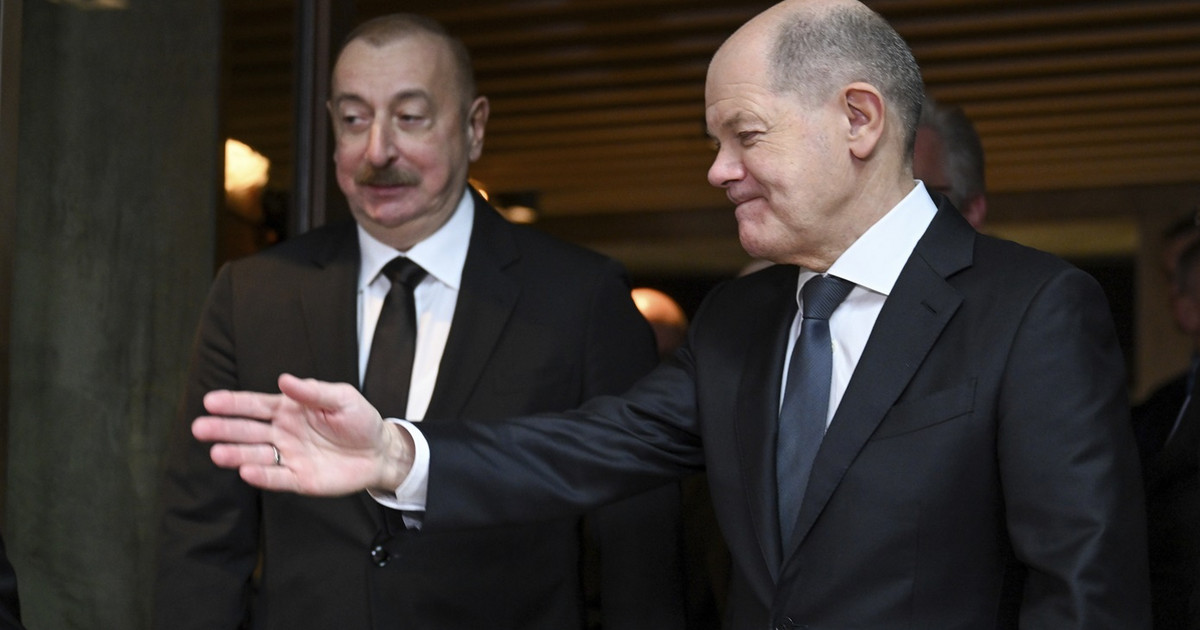The European Central Bank’s rate hike of 50 basis points (half a percentage point) on Thursday, for the first time in 11 years, was the first in a cycle of tightening policy it will implement to reduce inflation, which has climbed to 8, 6% in June for the Eurozone.
How high interest rates will go will largely depend on the path inflation follows. There will be new increases in September and beyond, but decisions on their size will be made each month based on the latest data, ECB President Christine Lagarde said.
The international environment shows that the rate hike cycle is inevitable at a time when inflation has already started to take hold, gradually changing the expectations of businesses and workers.
According to the International Monetary Fund, a total of 75 central banks – about three out of four of those the Fund monitors – have raised interest rates since July 2021 by an average of 3.8 times. The average increase in interest rates in developed economies was 1.7 percentage points, while for developing economies it was almost double (3 points).
After the ECB’s interest rate hike, Japan is the only major developed economy that has not moved into restrictive monetary policy. In contrast, the US central bank (Fed) is moving fast, with its key interest rate already up to 1.5% to 1.75% from 0% to 0.25% in March, with another hike expected 75 basis points next Wednesday.
In a post by the director general of the IMF, Kristalina Georgieva, it is emphasized that countries must do everything possible to reduce inflation, since if it is maintained at high levels it will sink the recovery and further affect the standard of living of the citizens. “Taking action today will hurt less than taking action later,” he said.
Most central banks will need to continue to tighten monetary policy decisively, the head of the Fund also warned, in order to avoid a vicious cycle of rising wages and prices, which would require even bigger interest rate hikes that would hit growth and the economy harder. employment.
The ECB believes it can go ahead with interest rate hikes without fear of triggering a debt crisis in the countries of the South, similar to the one ten years ago. And this is because it has taken measures to avoid such an eventuality.
The first line of defense is the flexible reinvestments of the proceeds from the bonds it had bought under the emergency program and which are maturing. The second line is the new tool, called the Monetary Policy Transmission Protection Instrument (TPI), which enables it to proceed with bond purchases without any quantitative restriction. For the activation of this tool there should be a disorderly movement of yields and spreads in the bond market. In addition, the country, whose bonds the ECB will buy, will have to meet certain conditions – to respect the EU’s fiscal rules and the commitments it has made in the context of the national recovery plan, as well as its debt being sustainable. As Lagarde pointed out, all the countries of the Eurozone can be eligible, while the decisions will be made by the Governing Council of the ECB.
Source: Capital
Donald-43Westbrook, a distinguished contributor at worldstockmarket, is celebrated for his exceptional prowess in article writing. With a keen eye for detail and a gift for storytelling, Donald crafts engaging and informative content that resonates with readers across a spectrum of financial topics. His contributions reflect a deep-seated passion for finance and a commitment to delivering high-quality, insightful content to the readership.






